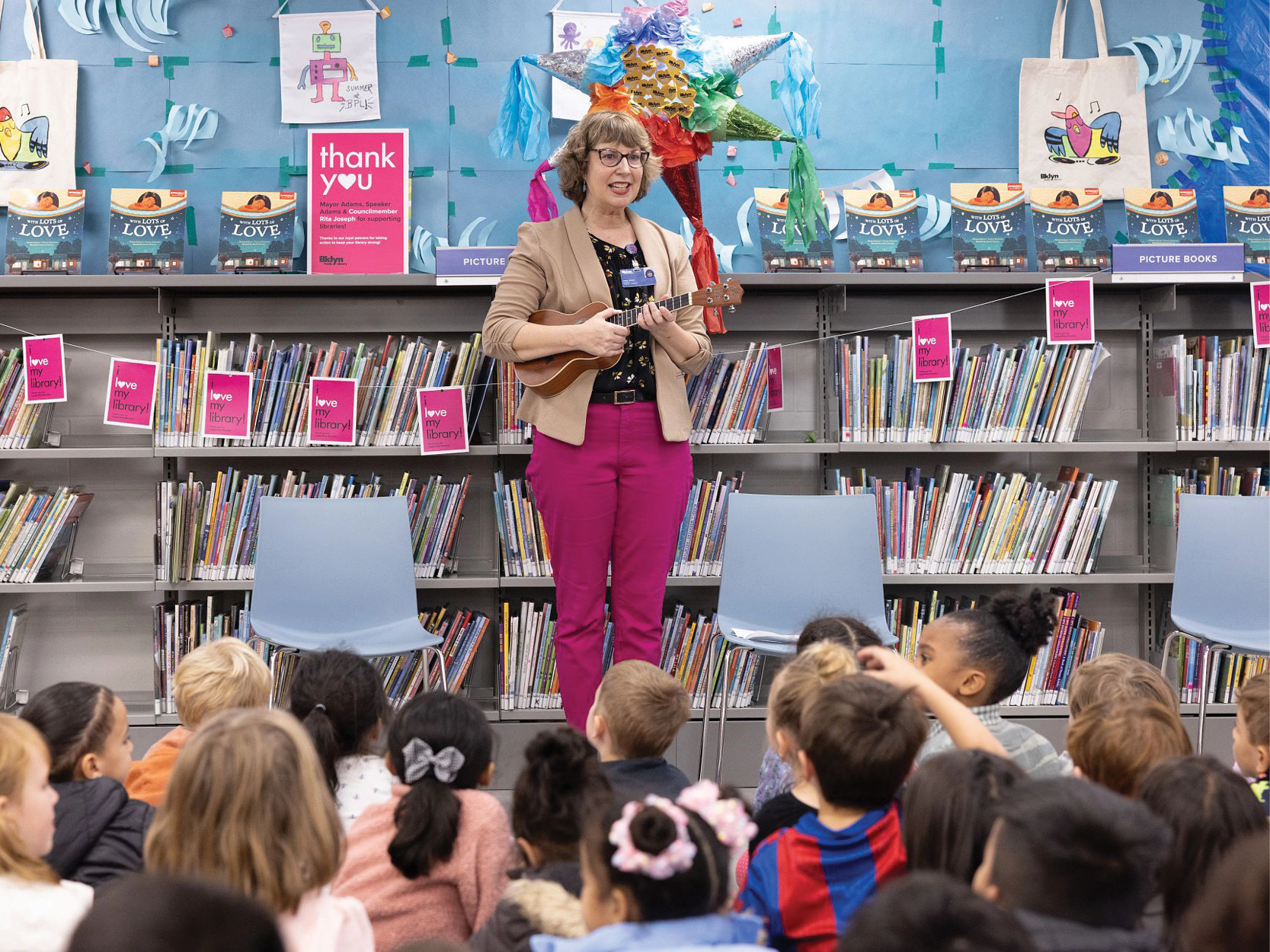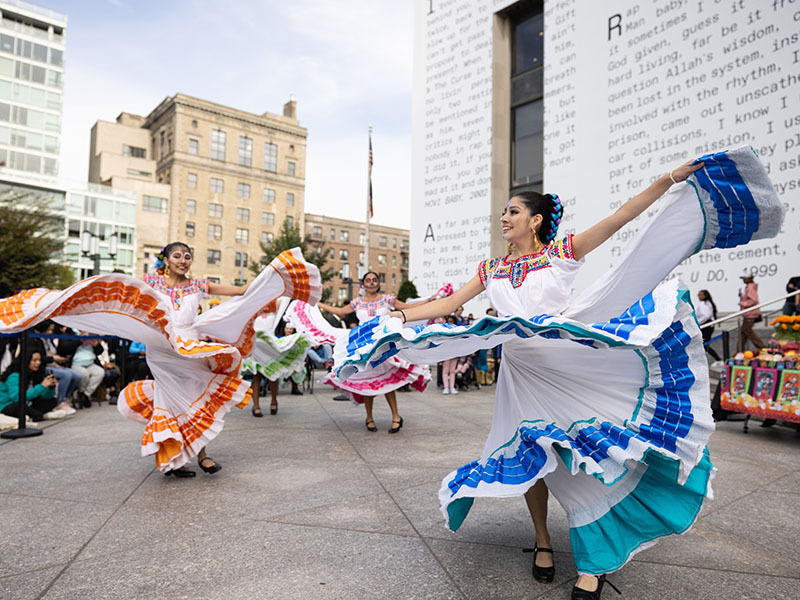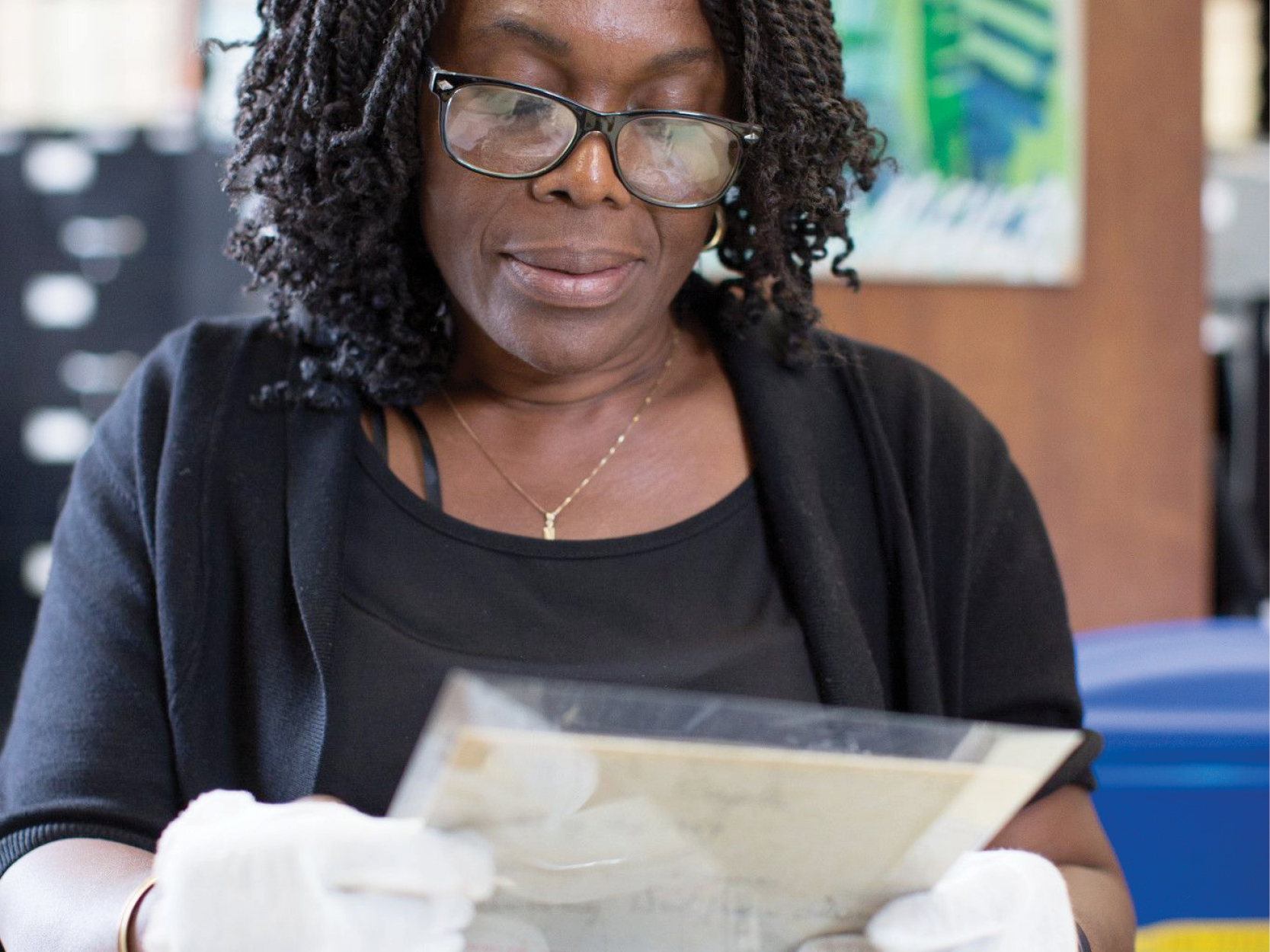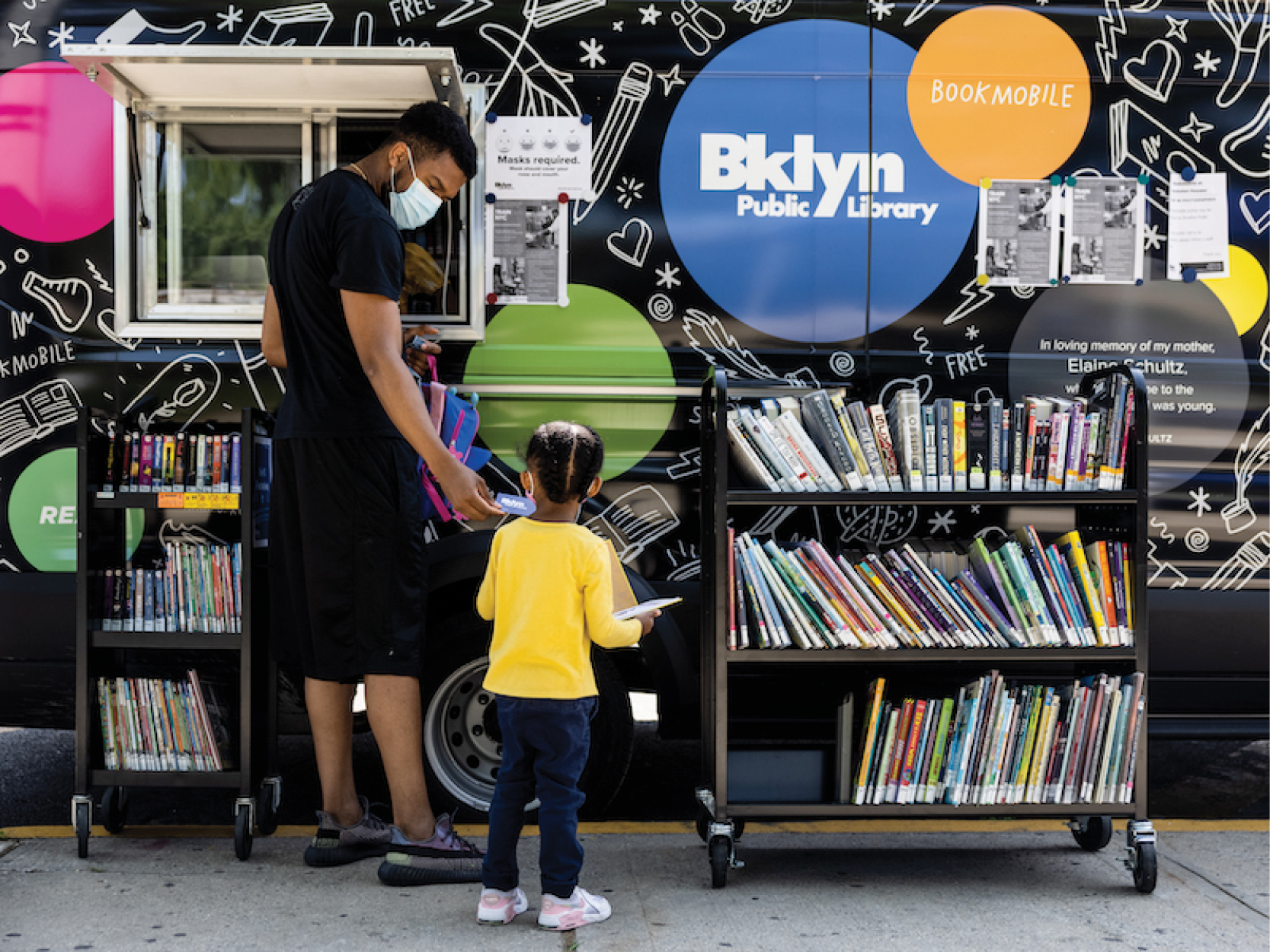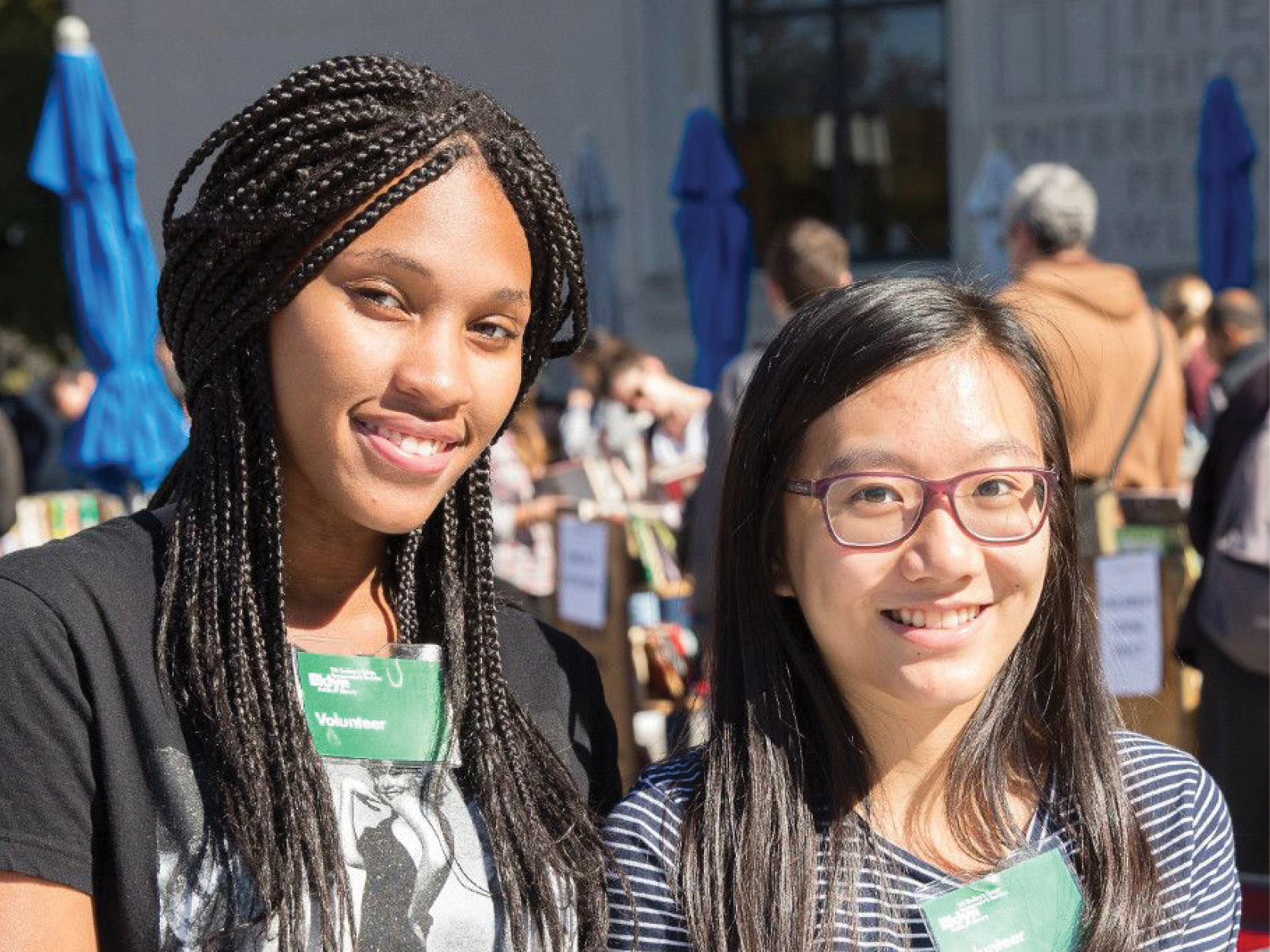
Today's Photo of the Week takes us to Boerum Hill, where residents of the Kahnewake Mohawk territory near Montreal, Canada, settled in the early and mid-20th century. The Mohawk are one of six nations that belong to the Haudenosaunee, also known as the Iroquois Nation. The large number of Kahnewake Mohawks who resided in this section of Brooklyn while pursuing economic opportunities in New York City earned the area the name "Little Caughnawaga"—a variation on the spelling of Kahnewake. Many were ironworkers who helped to build Manhattan's iconic skyscrapers, and who chose the area due to its proximity to Local 361, the Bridge, Structural and Ornamental Ironworkers Union, on Atlantic Avenue. Each summer they returned to the Kahnewake territory, located on the St. Lawrence River just south of Montreal.
While in Brooklyn, many of the Kahnewake Mohawks attended the nearby Cuyler Presbyterian Church on Pacific Street, where the reverend David M. Cory welcomed them and learned some of their dialect. Two members of the Mohawk congregation who served as soloists for the services, soprano Margaret Lahache and alto Josephine Skye Schmidt, in 1939 translated English-language hymns into the Mohawk language, resulting in a hymnal that could be used for Mohawk-language services. In 1957, the two women and David Cory together published a second edition, pictured below. In addition to translations of traditional hymns and excerpts of the Old and New Testaments, this second edition also contained lyrics and a score to an old Kahnewake hymn, "Kora Kowa".



Cuyler Presbyterian Church and its Mohawk-language services mirror the evolving lives of many Brooklyn places of worship, where new communities come and go, bringing new traditions, new languages, and even new religious practices (the Cobble Hill building now known as the Kane Street Synagogue, for example, originally housed the Middle Dutch Reformed Church and, later, the Trinity German Lutheran Church). Boerum Hill's Kahnewake Mohawk community shrank in the 1960s as Manhattan's building boom slowed, and Mohawk services eventually came to an end. The building, designed in 1892 by architect Edward A. Sargent, now contains private residences.
If you're interested in learning more about Brooklyn's Little Caughnawaga community, check out this recent episoide of Brooklyn Public Library's podcast, "Borrowed".
Interested in seeing more photos from CBH’s collections? Visit our online image gallery, which includes a selection of our images, or the digital collections portal at Brooklyn Public Library. We look forward to inviting you to CBH in the future to research in our entire collection of images, archives, maps, and special collections. In the meantime, please visit our resources page to search our collections. Questions? Our reference staff is available to help with your research! You can reach us at cbhreference@bklynlibrary.org.
This blog post reflects the opinions of the author and does not necessarily represent the views of Brooklyn Public Library.
We remember the Rev. Cory and
Post a Comment
While BPL encourages an open forum, posts and comments are moderated by library staff. BPL reserves the right, within its sole discretion, not to post and to remove submissions or comments that are unlawful or violate this policy. While comments will not be edited by BPL personnel, a comment may be deleted if it violates our comment policy.
eNews Signup
Get the latest updates from BPL and be the first to know about new programs, author talks, exciting events and opportunities to support your local library.


